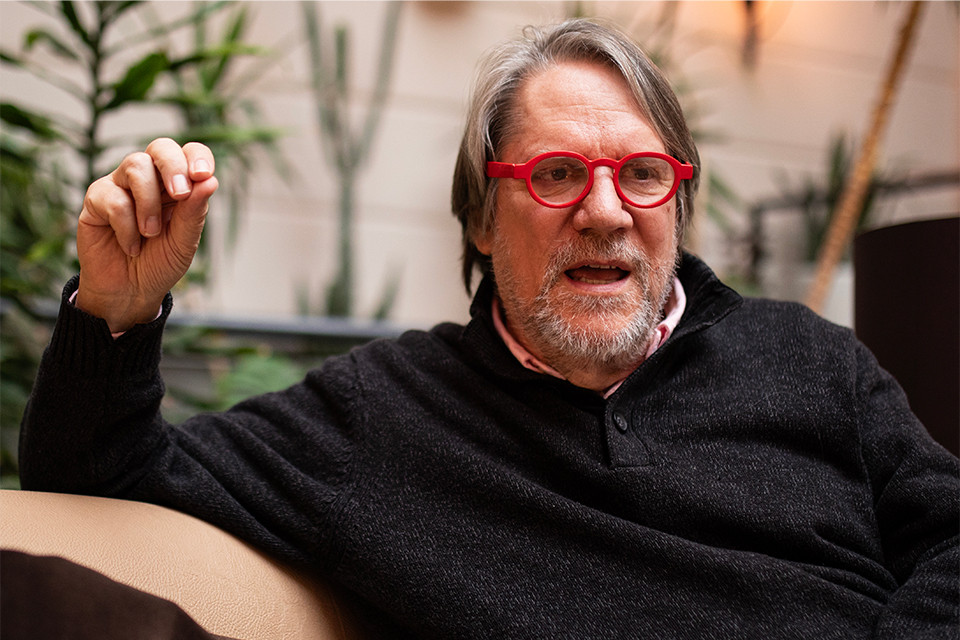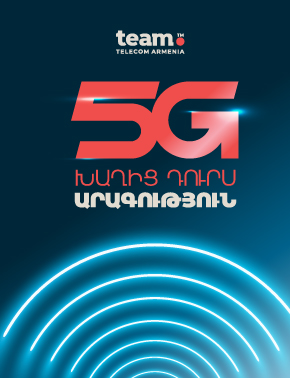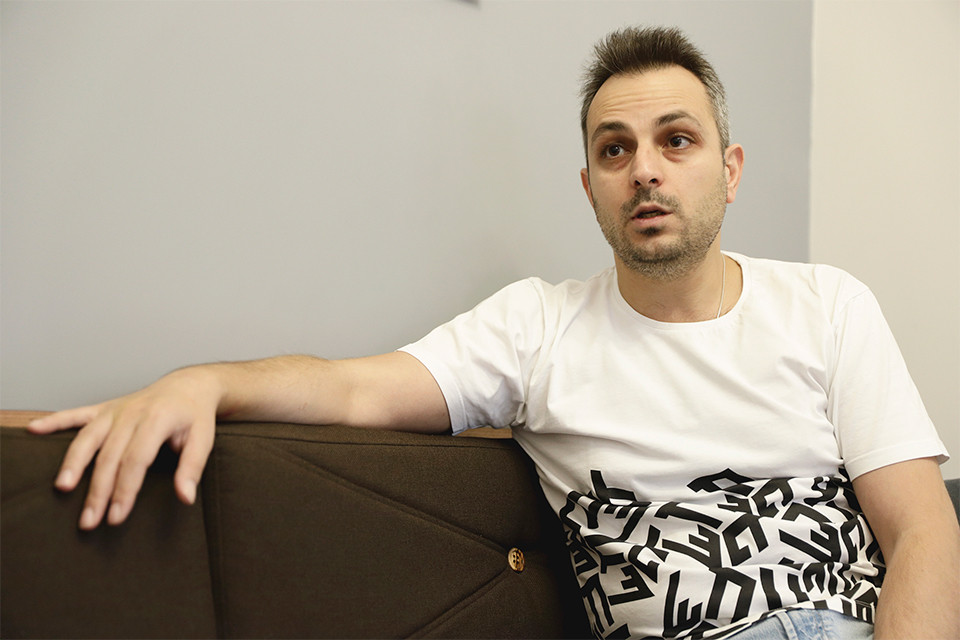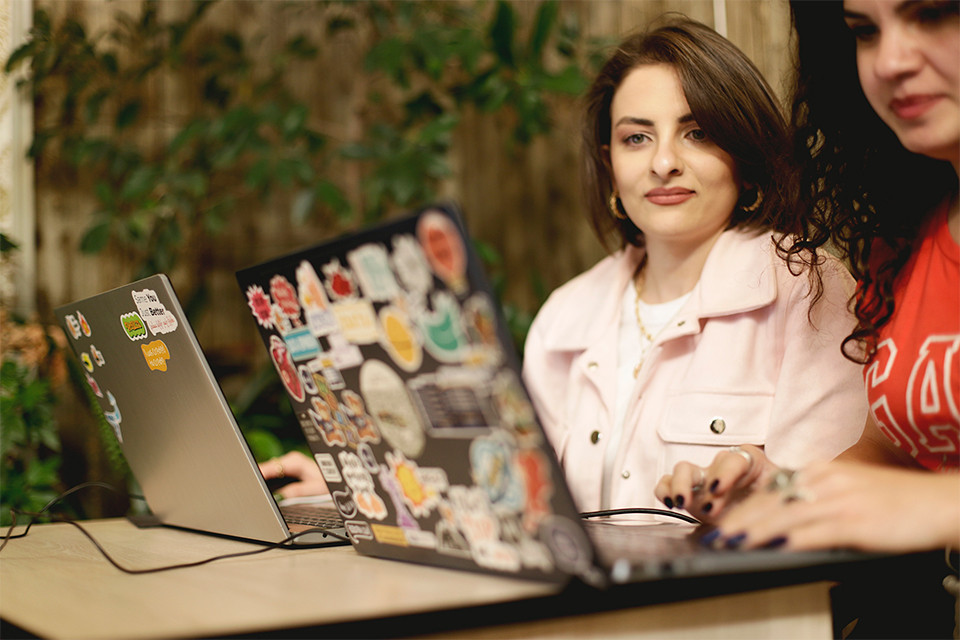17:11 | 08.01.24 | Articles | exclusive 21442
Craig Smith on myths in AI and the power of the Armenian IT community
American journalist Craig Smith featured Armenia's IT sector in a recent Forbes article. He discusses Armenia's tech evolution, starting with software development for Western companies and progressing to creating its own products.
Smith also highlights technology education initiatives like Generation AI, Armath, and TUMO, while pointing out the challenges faced by Armenia's tech ecosystem in going global.
Craig Smith visited Armenia at the invitation of Digitec. Itel.am interviewed him, covering topics such as his family connections to Armenia, collaboration with the Armenian IT community, his enthusiasm for AI, and experience working with global media companies.
Craig S. Smith is an American journalist and former executive of The New York Times. Until January, 2000, he wrote for The Wall Street Journal. He joined The New York Times as Shanghai bureau chief in 2000. In 2008, he joined Hong Kong billionaire Richard Li Tzar Kai's financial news venture as executive editor and subsequently became senior vice president of Li's Pacific Century Group. He rejoined The New York Times in late 2011 as China managing director, founding and running the New York Times' first foreign language site.
Now he writes for Forbes about Artificial Intelligence. He served as a special Government employee for the National Security Commission on Artificial Intelligence and is host of the podcast “Eye on AI”, which is rated №2 among AI-related podcasts by Feedspot.
The "Godfather of AI" and the beginning of a career
I was going to write a story for The New York Times about Toronto being a tech center and when I got into the story I learned that it is because of one guy Geoffrey Hinton and they called him the “Godfather of AI”. He is one of the top researchers in those days for AI. Everything you see happening in AI really started from him, seriously. And I spent a day with Geoff Hinton and I wrote a profile of him. This is another thing that I love about being a journalist.
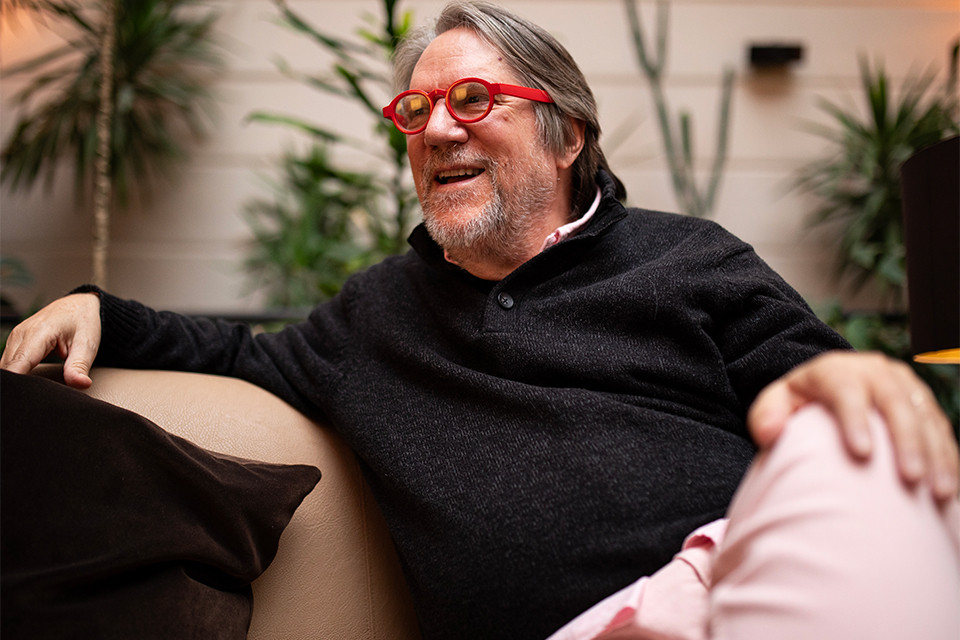
I didn’t know anything at all and I had a top guy in Al with a pen and paper showing me what a neural network is and explaining, supervising, learning and that day I had my own private tutor. This was in 2016, before AI was really a big thing. I could see immediately that it was going to change the world. So I decided to focus on it. Also I was tired of politics, those stories that never end, this was very new, promising and conquering. I just started going to tech events, conferences, and taking online courses. I got to know all the top researchers.
I started my podcast on my own from my interests. It was not so huge, now it is one of the top podcasts in the field and nowadays it makes quite big money via promotions. Then I retired from The New York Times and just focused on Forbes and my podcast.
AI and ML global trends and impacts
AI is the general purpose technology, it is like electricity, it is for everything. It’s already penetrated the global economy a lot. But I talked to my family, friends and not everybody understands what it means, they’ve just read about it. Soon everything will have AI.
It is a very exciting time. I'm old enough and I remember the times when there were not even mobile phones. I remember those big phones when they appeared and then the internet, personal computers. Those things really changed the world, but AI is going to change the world magnitudes greater than those things.
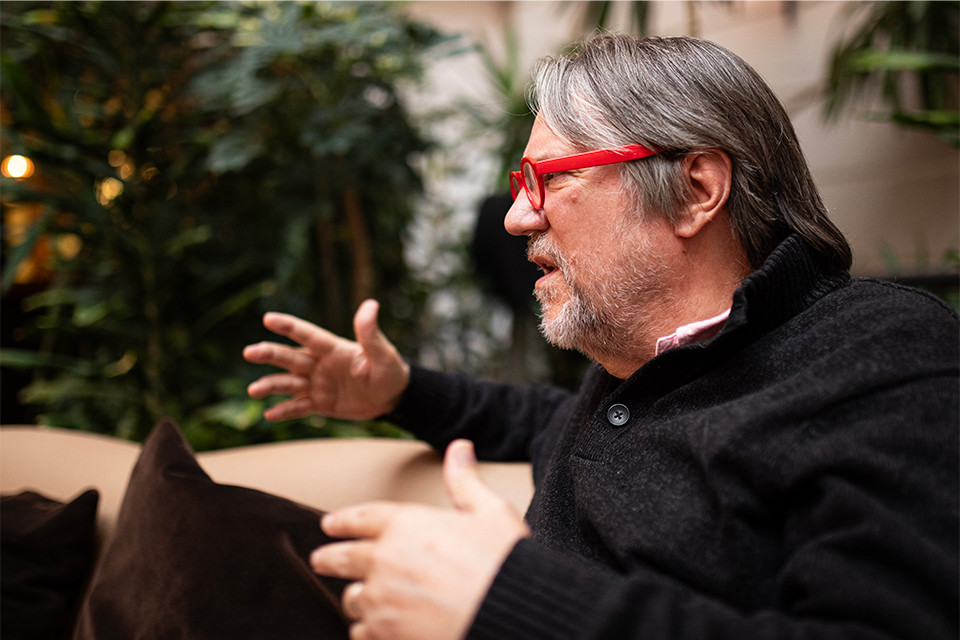
The most significant myths about Artificial Intelligence
In its current state, people think AI can do a lot more than it actually can do. That is the first thing. Everyone says that it is going to control humanity. In my opinion it is a myth, a very small possibility.
You have to start paying attention to safety early in the development. If you wait too long, then it’s difficult to control. And that is to get the community to get focused on safety and to get the governments to focus on regulations. It is time to start being serious about that.
Armenia and the family history
I’ve heard about Armenia ever since I was a little boy, because I had an uncle by marriage, Mardig who is Armenian. So I was always fascinated by Armenia. I would always ask questions about Armenia, he had never been to Armenia, so he couldn't really talk about the country, but he could talk about the culture, community that he grew up in. When I had an opportunity to come I was very excited, because now I can see all of the things that he talked about. Unfortunately, he passed away 3 years ago from Parkinsօn’s disease. Now that I’m here there are a lot of things that I would like to ask him, like the history of the Church.
As a reporter I’ve visited Eastern Turkey, but mostly in the Kurdish areas, and this was years ago. So I’ve never been in Western Armenia’s places, but I have a feeling for what that land is like. When I was there it was very militarized, it was very difficult to travel. I wish I could visit where my uncle’s family came from. I knew his mother when she was elderly. Mardig taught me to play chess when I was a little boy and every time I saw him, we played chess. And I didn't know that chess is a big deal in Armenia. His mother taught my mother how to make Dolma and Burma, which is a rolled Baklava.
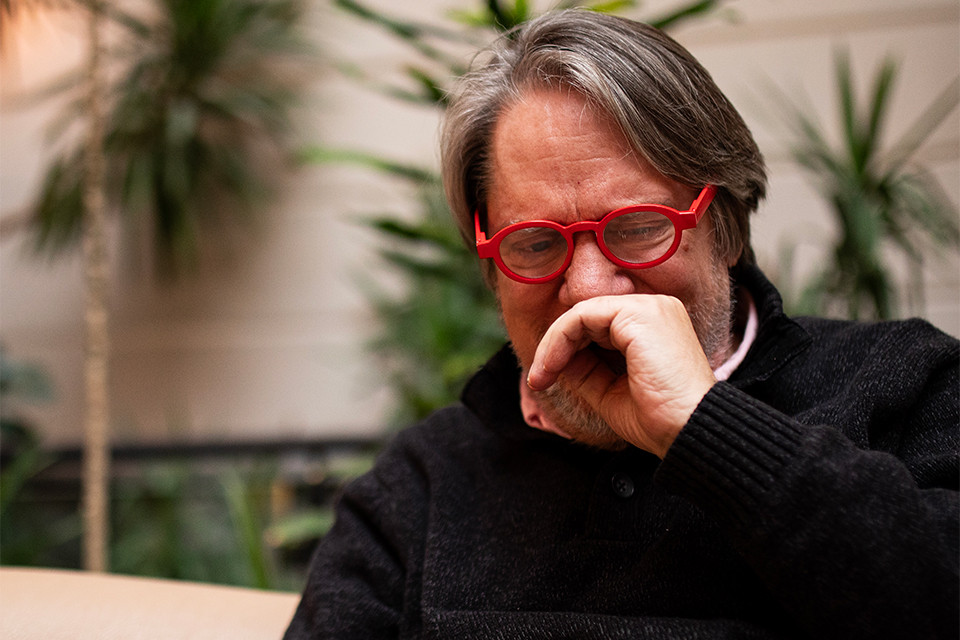
I grew up in a WASP (White Anglo-Saxon Protestants) culture that is not a very warm one. And it was interesting, when Mardig came into the family he was so different from everybody else. I get very emotional every time I remember him. I want to write the story of his family, to tell the story of Mardig.
Engaging with the Armenian Tech Community
It is an exciting ecosystem that’s developing very quickly. I didn't understand before coming that Armenia is so isolated in this region with Turkey and Azerbaijan. Of course I knew about the current situation with Azerbaijan, but until you arrive in a place you really don't understand the real situation and also I could never visualize the country. So it is very interesting to see the physical country.
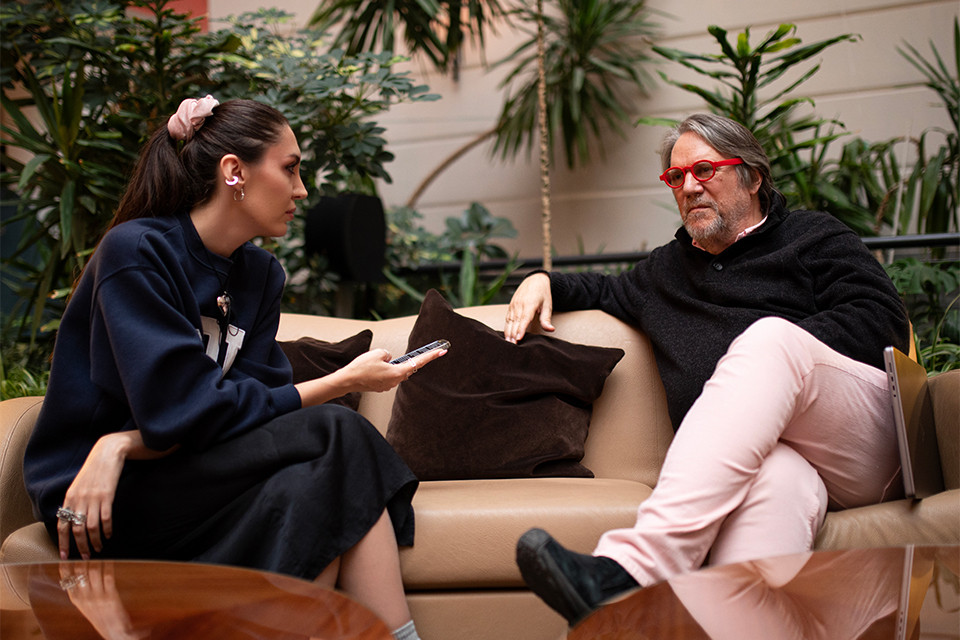
I think the Armenian tech ecosystem is a little behind from the other places that I visited. What impressed me is how close the community is, everyone knows each other and how fearless they are. There is no market in Armenia, so they are trying to reach the US or the European market and that seems to me a big challenge, but everyone’s very confident. I was also impressed by the educational initiatives, Armath and Real School. The US has a lot of underprivileged people who are in areas with very poor education and this kind of initiatives the US should do.
Also I have a podcast about Artificial Intelligence and I interviewed several people, including Hrant Khachatryan, who runs YerevaNN. I found him very impressive. I like researchers and he is a researcher. The one thing that is an interesting challenge here is the lack of GPUs (Graphics processing units). We talked with him about it. I mean you have good internet, but the GPU issue is a real constraint. These guys are brave, willing to thrive in their challenges. I hope there will be better connections with the US and that is why I’m here.
Nune Grigoryan
Photos: Emin Aristakesyan

17:29 | 24.09.25 | Articles
Jacopo Losso on Cross-Border Investments and Why Armenia Attracts Angels

